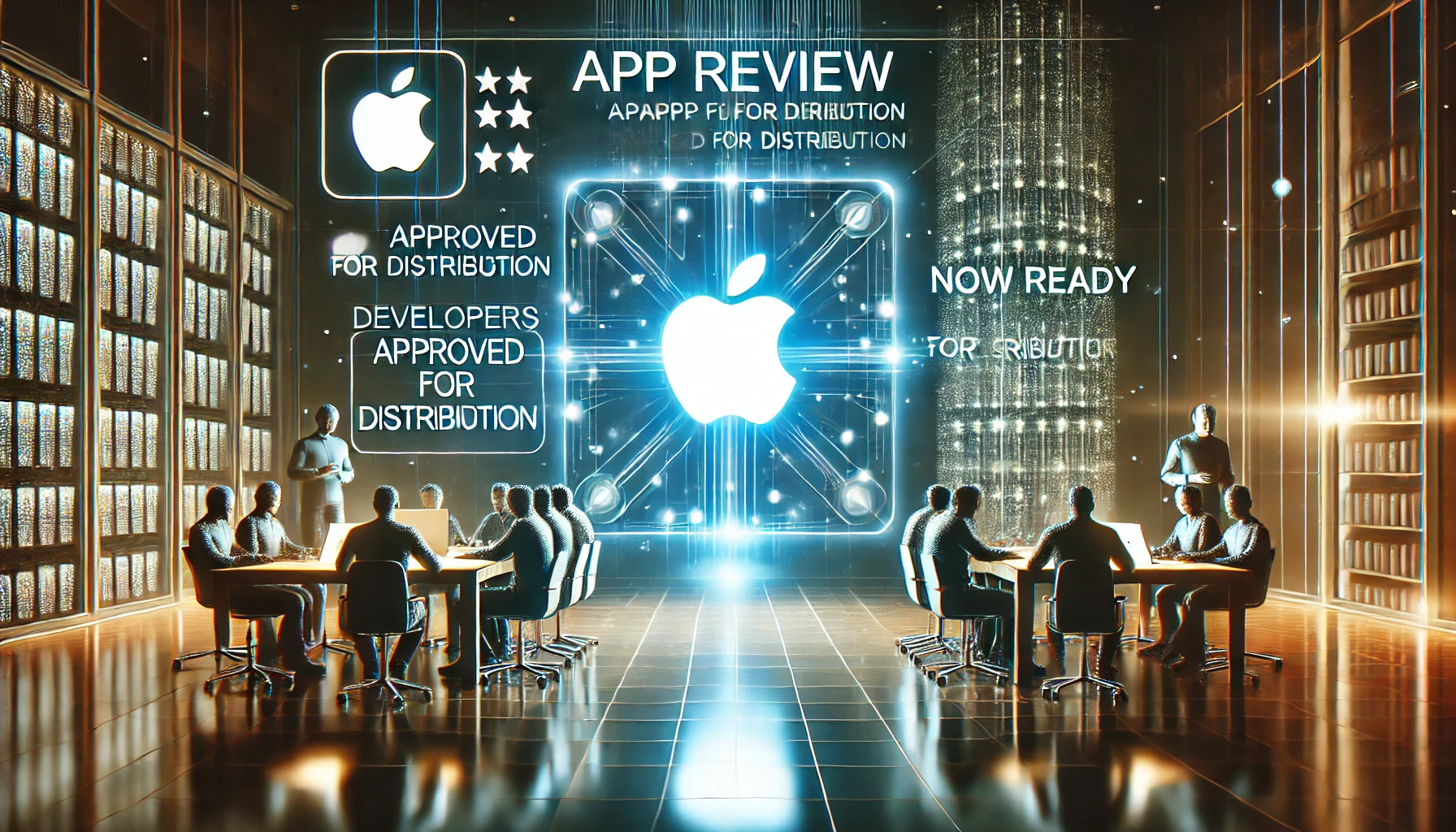With the official implementation of the European Union's Digital Markets Act (DMA), the tech industry has undergone significant changes. As a global leader in smart device manufacturing, Apple has been forced to adjust its app distribution policies to comply with the new regulations. One of the most closely watched changes is the requirement to allow third-party app stores to operate on iOS devices. However, the implementation of this policy has led to some unexpected issues.

Opening of Third-Party App Stores
In the new market environment, some developers have started launching apps that were previously difficult to get approved in the official app store. For example, an adult content browsing app called “Hot Tub” passed the review of a third-party app store and successfully entered Apple's ecosystem. This situation immediately sparked public discussion, with some users even mistakenly believing that Apple had officially approved the release of such apps.
Controversy Over Review Notification Wording
For a long time, Apple has maintained strict control over the app review process to ensure apps meet security and privacy standards. However, in the approval emails sent to developers, the phrase "approved for distribution" caused misunderstandings, leading many to believe that Apple endorsed the content of the app rather than merely confirming its technical compliance.
To prevent similar misunderstandings, Apple quickly adjusted the wording of its review notifications. The new message now states that the app is "now ready for distribution," emphasizing that the review focuses on whether the app meets security and privacy standards rather than endorsing its content.
Apple's Stance and Future Impact
This adjustment in wording indicates that while Apple is opening up to third-party app stores, it still seeks to maintain a distance from certain types of content and avoid being perceived as supporting or endorsing specific apps. In the future, as regulations continue to evolve, Apple may further refine its app review policies and notification wording to balance compliance and brand reputation.
For developers, this change also means they must be more cautious when distributing their apps to ensure users do not misunderstand the legitimacy and official endorsement of their applications. At the same time, users should pay closer attention to the actual source and security of apps when downloading from third-party stores to protect their privacy and data security.
Additionally, this wording adjustment may trigger a chain reaction among other tech companies. Many platforms facing similar regulatory pressure may reassess their review standards and notification wording to avoid similar controversies. Apple's move could become an industry standard, pushing the entire market toward greater transparency and compliance.
Meanwhile, the rapid growth of third-party app stores could impact Apple's business model. In the past, Apple collected commissions from in-app purchases made through its official app store. However, with the opening of third-party stores, more developers may choose to bypass the official store to reduce costs. This may prompt Apple to further adjust its strategies to maintain its market position and profitability.
As the market environment continues to evolve, the battle between innovation and compliance in the tech industry will persist. Apple's latest adjustment is just one example of how major companies are striving to find balance under new regulations.